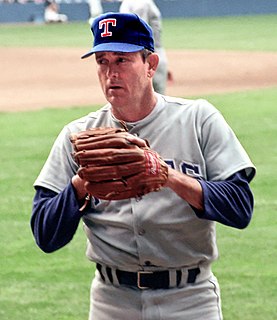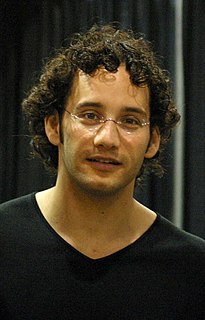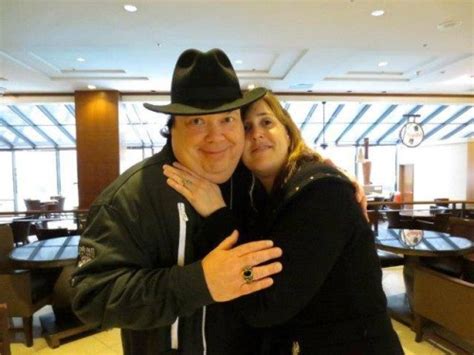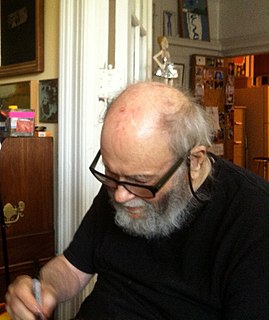A Quote by Henry Ford
As we advance in life we learn the limits of our abilities.
Related Quotes
We had entered an era of limitlessness, or the illusion thereof, and this in itself is a sort of wonder. My grandfather lived a life of limits, both suffered and strictly observed, in a world of limits. I learned much of that world from him and others, and then I changed; I entered the world of labor-saving machines and of limitless cheap fossil fuel. It would take me years of reading, thought, and experience to learn again that in this world limits are not only inescapable but indispensable.
One of the most difficult problems of our age is that leaders, and perhaps academics as well, cannot readily admit that things are out of control and that we do not know what to do. We have too much information, limited cognitive abilities to think in systemic terms and an unwillingness to appear to be in control and to have solutions for our problems. We are afraid that if we admit to our confusion, we will make our followers and students anxious and disillusioned. We know we must learn how to learn, but we are afraid to admit it.
In my own version of the idea of 'what art wants,' the end and fulfillment of the history of art is the philosophical understanding of what art is, an understanding that is achieved in the way that understanding in each of our lives is achieved, namely, from the mistakes we make, the false paths we follow, the false images we have come to abandon until we learn wherein our limits consist, and then how to live within those limits.



































